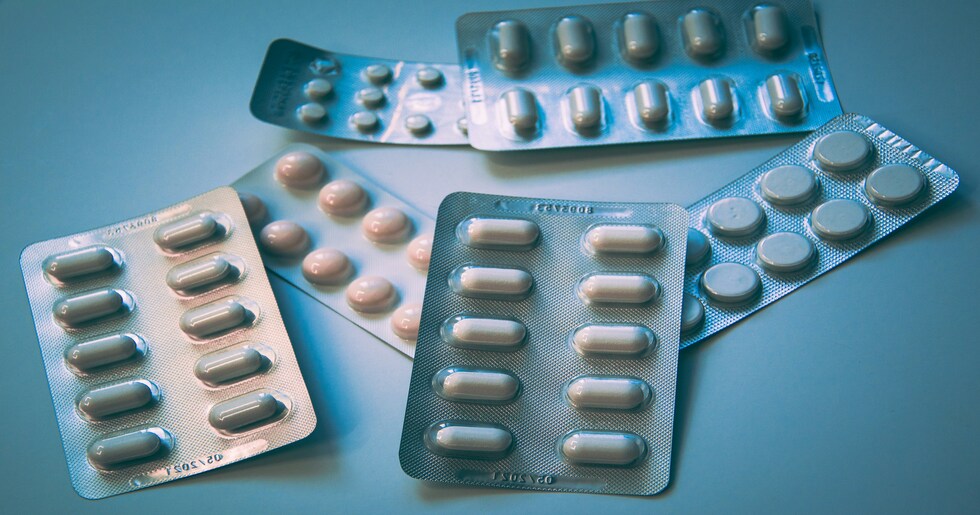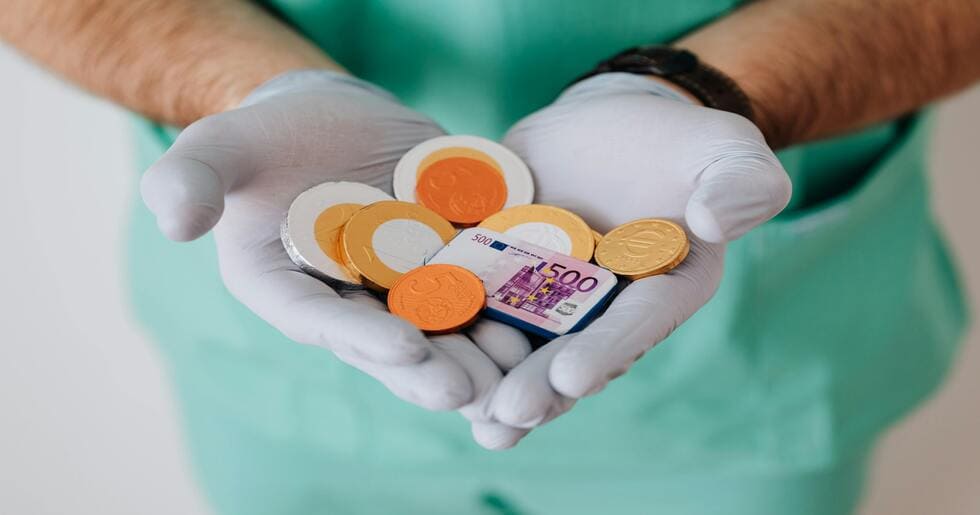Effective Treatments for Psoriasis: Complete Guide
Published on August 26, 2024By Laura M. (Contributor)
Contents


Psoriasis is an those red, scaly, itchy patches of skin that people with psoriasis know all too well. From topical therapies to systemic and biological options, this paper discusses the best treatments for it.
1. Topical Treatments
For many psoriasis patients, topical treatments are frontline fighters.
I know that because of its ability to cause inflammation and redness: Corticosteroids.
Vitamin D analogues: Slows the growth of skin cells.
Topical retinoids: These are derivatives of Vitamin A and can help to decrease inflammation.
Coal tar and anthralin: Decrease new skin cell growth.
These treated can be applied to the scaly surface areas and are particularly valuable for compressed up moderate-critical psoriasis. Recommended: Follow your dermatologist's instructions to get the most benefit and the least amount of complications.
2. Phototherapy
- Phototherapy: Ultraviolet light applied to the skin by a specialist
- One of the most prevalent treatments is Narrowband UVB, this treatment can lower skin lesionsancement.
- PUVA (psoralen UV-A): Medication called psoralen + UVA light.
- Excimer laser: Treats just the affected area with extremely intense UVB rays.
Although phototherapy works well for many types of psoriatic disease, weekly office visits are necessary and medical monitoring is important to avoid drug-related side effects.
3. Systemic Medications
In more severe cases systemic medications may be needed:
- Methotrexate decreases the production of skin cells and suppresses your immune system.
- Ciclosporine — suppresses the activity of the immune system.
- Acitretin: An oral retinoic acid analogue used to normalize cell production.
These medications have potentially severe side effects and need to be carefully monitored by a doctor. It is an appropriate choice for those who have tried topical therapies or phototherapy and not improved.
4. Biological Therapies
- TNF-alpha inhibitors: TNF is a protein in the immune system that helps cause inflammation.
- Interleukin inhibitors: These medications target proteins that have roles in inflammation and cell proliferation.
- T cell antagonists: Inhibit T cells of the immune system from attacking skin.
They are given by injection or infusion, and they’re reserved for severe psoriasis that doesn’t respond to other therapies. These can be very effective, but also come with a risk of infections and side-effects.
Self-Care Strategies
Proper self-care is vital for managing your psoriasis as well, in addition to medical treatments.
- Moisture: Keep your skin moisturized by using creamy lotions and creams.
- Oatmeal or Epsom salt bath: Helps relieve itching and peeling.
- Triggers: Recognize and keep away from things that irritate psoriasis, for example,cigarette smokingother foods.
This results in remarkable improvement of symptoms and quality of life by maintaining a healthy lifestyle ad adhering to skincare regimen.
Psychological Impact and Support
- Emotional effect: psoriasis can make people feel helpless, dull and nervous.
- Support Groups: Involving in a group where you can talk with people who truly understand the disorder, like support groups and therapy.
- Therapies in emotional help: To minimize the pressure and stress of disease_NEGATIVE, professional support may be sought for health.
The psychological impact of the disease should be appreciated and dealt with as mood lifting can have positive effect on its management.
New Treatments and Advances
Topical Psoriasis Treatment Research marches on.
Here are some gene therapies for reducing inflammation:
- Genetic Manipulation to reduce Inflammation
- Next-generation biologics: Development of next generation, less side effectogenic medications.
- Precision medicine treatment customised on the basis of genetic uniqueness of an individual
These advancements hope to further enhance treatments and quality of life for psoriasis sufferers.
Tips for the Daily Management of Psoriasis
Daily struggles with the challenges and symptoms of psoriasis:
- Skin care routine: Soft and hydrating your skin, clean face twice everyday.
- Wear appropriate clothing: Wear soft, light clothes to reduce irritation.
- Sun protection: Use sun screen to protect from UV rays that might affect the psoriasis.
Nit-picking perhaps, but what you do see is transformed in a stronger adherence to routine changes that help keep symptoms from emerging at all.
Importance of Diet and Exercise
Changes in diet and lifestyle can have a big impact on psoriasis.
- Anti-inflammatory diet: Consuming meals that are high in omega-3 fatty acids, antioxidants and fiber will be able to decrease inflammation
- Exercise: Regular physical activity is key for being healthy as a person with psoriasis and can also help manage stress, which triggers flare-ups.
- Military Diet Plan: The military diet is a very popular and quick weight loss diet plan great for adults wanting to lose some extra shelf pounds ( that post baby belly) Despite the weird name it has absolutely nothing to do with the official military. this 3 day Military diet t follows simple rules, no going over food portions allowed, eat set foods only.Benefits of following Your Personalised Meal PlanLooking up meal plans online? Opting in on any random ab workout Found out how your personal trainer or nutritionist can help you tailor an eating exercise regimen specific at enhancing both health dietsnext level competitive sports performance done without making massive mistakes.
Final Considerations
Treatment of psoriasis is complex as it involves a multi-targeted approach. The treatment options for psoriasis range from topical therapies to systemic and biologic treatments in order to control symptoms or improve the overall effect on quality of life. You will have to be on a very personalized treatment plan and work closely with your dermatologist.





